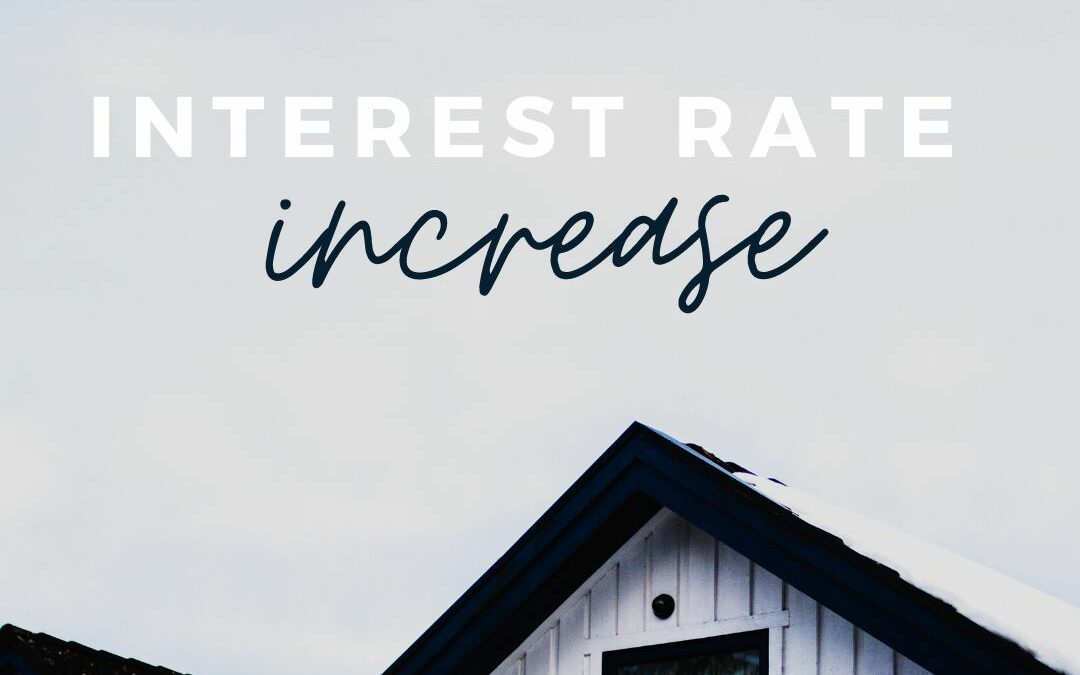Bank of Canada Raises Rate by 75 bps
The Bank of Canada raised its key lending rate by 75 basis points this week, bringing it to 3.25%.
In its statement, the Bank said, “short-term inflation expectations remain high” and that inflation risks becoming “entrenched” the longer it remains elevated. As a result, the Bank says interest rates “will need to rise further.”
“As the effects of tighter monetary policy work through the economy, we will be assessing how much higher interest rates need to go to return inflation to target,” it added.
What happens now?
Banks and other financial institutions are expected to follow the Bank of Canada’s lead and hike their prime lending rate, which is used to price variable-rate mortgages and personal and home equity lines of credit (HELOCs).
Fixed-rate mortgage holders will see no change to their rates.
This is the fifth consecutive rate increase from the Bank of Canada. If you have any concerns about this rise in borrowing costs, I encourage you to reach out so we can discuss your personal situation and options.
How to reduce payment shock at renewal time
By now, “trigger points” should be in the vocabulary of nearly every variable rate mortgage holder.
There’s been a great deal of coverage lately about trigger points due to the rise in interest rates so far this year.
Put simply, it’s the point where variable-rate mortgage borrowers with fixed mortgage payments are no longer paying down the principal, as 100% of their payment is going towards interest.
In most cases, the lender will reach out to affected borrowers to arrange an increase in their monthly payments.
And in the meantime, as rates have been rising, so too have amortization periods for borrowers with variable rate mortgages with fixed payments, since the mortgage balance is being paid down at an increasingly slower pace. That is, until renewal time, when the mortgage may renew at a higher rate with higher payments to bring the mortgage amortization back to the maximum number of years permitted.
The benefits of making mortgage prepayments
Rather than waiting for your mortgage to renew, impacted borrowers can take pre-emptive action and increase their mortgage payments in advance to soften the impact at renewal time.
If you’ve currently got a variable-rate mortgage with fixed regular payments, consider reaching out so we can review your options available.
Just as compounding interest can work wonders for growing savings, making additional payments to your mortgage–which always go directly towards paying down the outstanding balance–can have a surprising long-term impact and potentially shave years off your amortization.
Even if you have a fixed-rate mortgage, it’s an option that should also be considered to help mitigate any higher payments at renewal time.
If you’d like to know more about the benefits of making prepayments or increasing your monthly payment amount–and if it’s the right decision for you–please don’t hesitate to call me. I’ll be happy to walk you through the math and show you the long-term impact on your mortgage.
